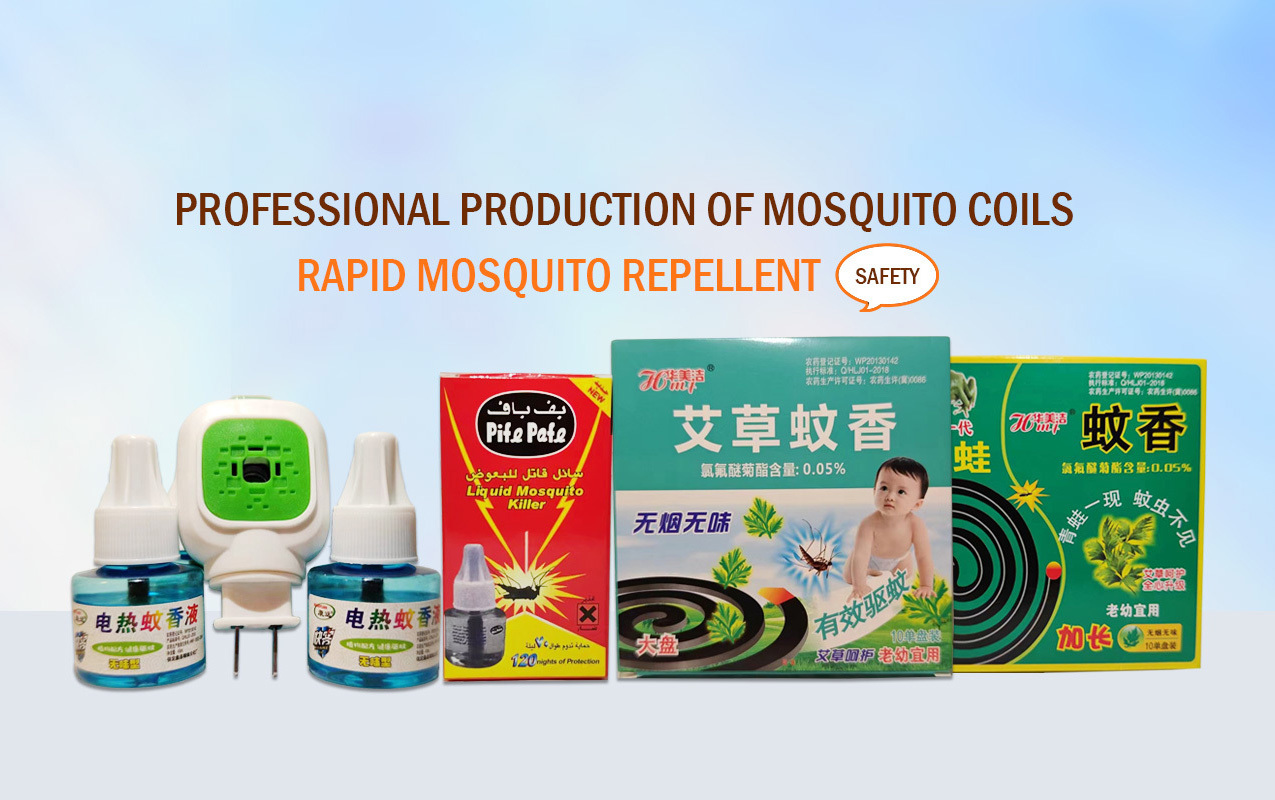Understanding Garden Insecticides: A Guide for Effective Pest Management
2025-04-23

Garden insecticides play a crucial role in modern agriculture and gardening, particularly in the management of pests that threaten plant health and productivity. These chemical or biological substances are designed to target and eliminate unwanted insects, ensuring that crops and gardens thrive. Understanding the various types of garden insecticides and their appropriate usage can significantly enhance pest management strategies.
There are two primary categories of garden insecticides: chemical and organic. Chemical insecticides are synthetically manufactured and specifically formulated to target certain pest species. They often work by disrupting the insect's nervous system, leading to paralysis and eventual death. While highly effective, chemical insecticides can pose risks to beneficial insects, humans, and the environment when used improperly.
On the other hand, organic insecticides are derived from natural sources such as plants, minerals, or microorganisms. These products tend to be more environmentally friendly and often target a broader range of pests while preserving beneficial insects. Common organic insecticides include neem oil, insecticidal soaps, and diatomaceous earth. Users should note that while organic options are generally safer, they still require careful application to minimize potential harm to non-target species.
When considering the use of garden insecticides, it's essential to adopt an integrated pest management (IPM) approach. IPM combines cultural, biological, and chemical methods to manage pest populations in a sustainable manner. This includes practices such as crop rotation, planting pest-resistant varieties, encouraging beneficial insects, and using insecticides as a last resort. Such strategies not only protect the garden but also contribute to the overall health of the ecosystem.
Timing and application are crucial when using garden insecticides. It's important to apply them during periods when pests are most active, which can vary based on the type of insect and climate conditions. Additionally, following the manufacturer's instructions regarding dosage and application techniques is vital to ensure effectiveness and minimize negative impacts.
Lastly, always be mindful of the potential consequences of using insecticides. Consideration for local wildlife, pollinators, and water sources should guide your decisions. Opting for targeted applications and avoiding overuse can help mitigate risks.
In summary, garden insecticides are valuable tools in pest management, but they must be used responsibly. By understanding their types, how they work, and integrating them into an environmentally conscious approach, gardeners can effectively protect their plants while promoting sustainability.
Recommend News
Contact Us
Leave Us A Message


